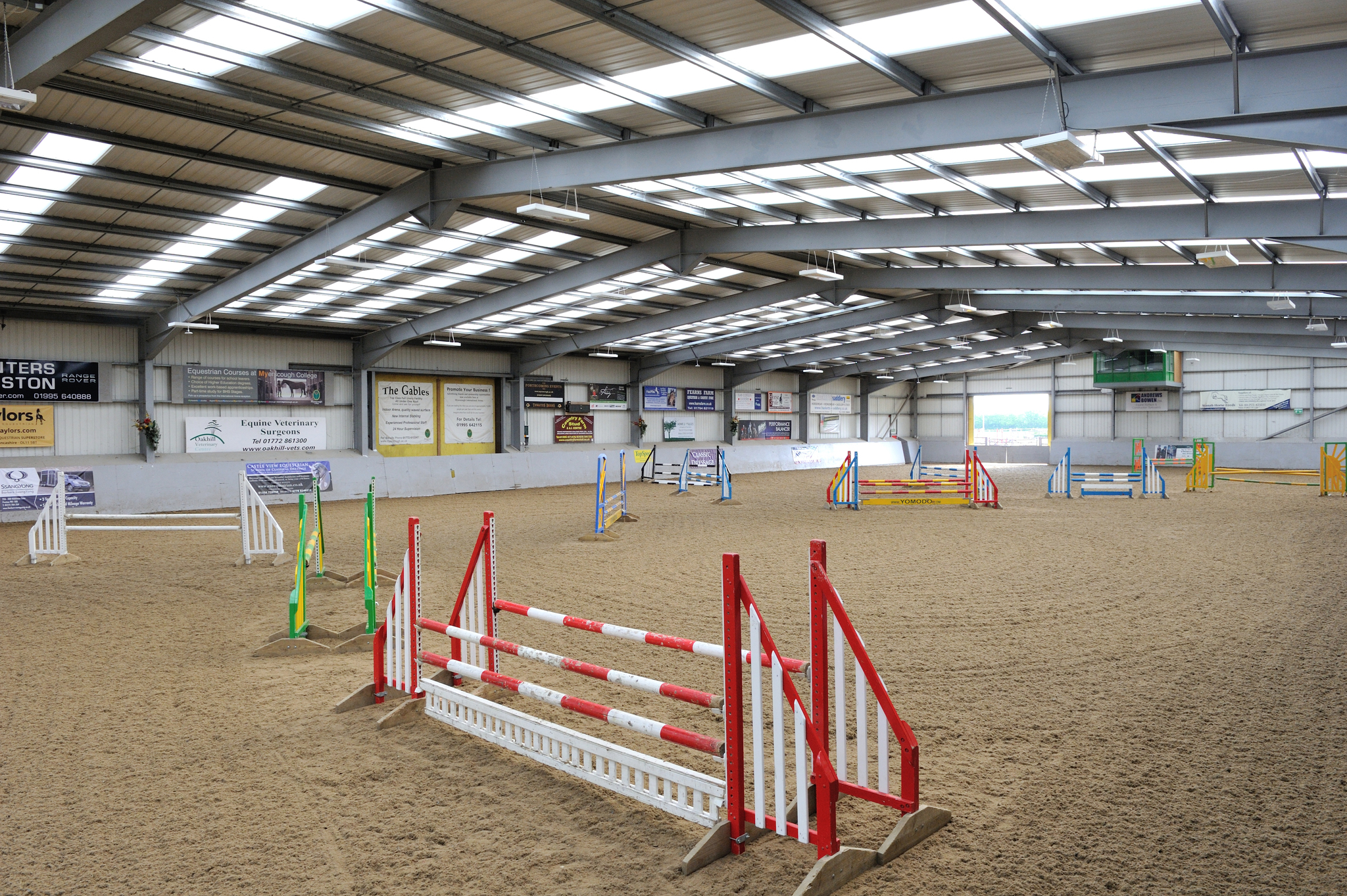Course modules
Year 1
Catch and Lead a Horse
Students will cover the main equipment and techniques for catching and leading horses in a range of situations.
Recognise Signs of Health in a Horse
Students will learn about the signs of health in a range of different breeds and types and be able to complete detailed health checks on the college horses.
Saddle and Bridle a Horse
Students will be able to select and apply saddles and bridles safely and correctly and have some understanding of correct fit.
Work Safely in the Equine Industry
For this unit, learners will need to recognise personal protective clothing and equipment as appropriate for working in the Equine Industry.
Lift and Handle Equine Equipment Safely
Students will learn how to manage a variety of equipment common to a range of equine industries and settings.
Effective Communication
When working in the equine industry it is essential to be able to communicate with colleagues and staff in a clear and appropriate manner. This unit covers the skills necessary to communicate well and evaluate their own performance.
Interview Skills for the Equine Industry
The aim of this unit is to help the learner equip with the ability to plan and prepare for an interview, and evaluate the interview identifying further training or learning they may need in future.
Clean Horse Tack
Students will cover taking tack apart, cleaning it and correctly putting it back together. The unit also covers correct storage of tack and equipment.
Recognise Types and Parts of the Body of Horses
Students will be able to identify and correctly indicate common points of the horse. They will also cover a identifying common breeds, colours and markings.
Entry requirements & additional information
Entry requirements
This course gives a practical introduction to the equine industry. Students need to be over 14, demonstrating confidence and competence in basic horse care skills. Academic qualifications are not essential, just a willingness to learn.
Learning and assessment
Stable management will be developed within the College yard and students will gain a comprehensive knowledge of horse care. It is extremely popular with students who wish to combine a practical based training programme with sound theoretical knowledge. This course is ideally suited to students who wish to spend a year developing their knowledge and experience working with horses. The course contains plenty of practical work and so students applying for this course will be expected to be hardworking, keen to learn about horse care and willing to be hands on when working on the stable yard.
Students will complete enrichment riding as part of their programme subject to a successful ride assessment.
Progression
Year 10 students may wish to continue into year 11 to complete additional units. Year 11 students may progress onto a full time Further Education or Apprenticeship Programme.
Special requirements
Costs that are mandatory for the course:
Course fees apply for school educated students (see 14-16 prospectus)
Equipment and/or Clothing:
Plain navy or black jodhpurs, College sweatshirt/polo shirt in navy/black, or similar plain sweatshirt/polo shirt. Navy or black jacket (warm and waterproof advised). Boots for yard work – wellingtons or strong boots, riding hat to current standard PAS015 or BSEN1384 plus gloves and hairnet. Riding boots or leather gaiters (suede chaps are not allowed as they rub the horses’ sides). Jumping whip and schooling whip, plus back protector for jumping lessons. (Hooded jumpers, bright or garish clothing are not acceptable on the yards)
Latest news, Equine studies
-
Croxteth students witness equine rescue demonstration at Merseyside Fire and Rescue Service
- Published
- Thursday 23 January
-
Higher education Research Conference a success
- Published
- Friday 8 Nov 2024
-
OPINION: Supporting young people into the equine industry
- Published
- Wednesday 6 Nov 2024
-
Charlotte’s research has horse power
- Published
- Monday 7 Oct 2024
-
Myerscough gallops to innovative apprenticeships in the horse racing sector
- Published
- Monday 9 Sep 2024
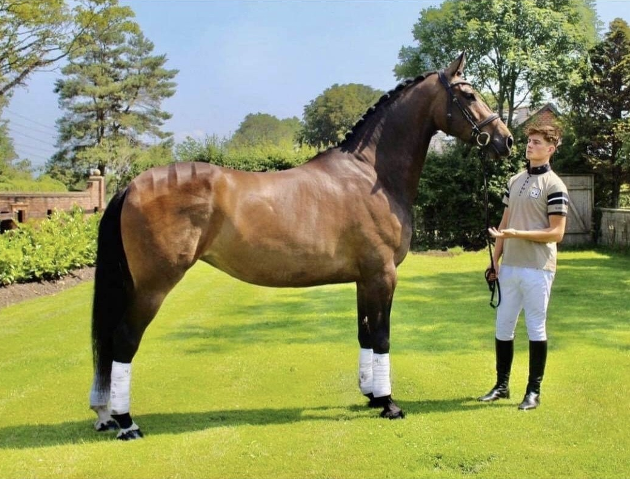

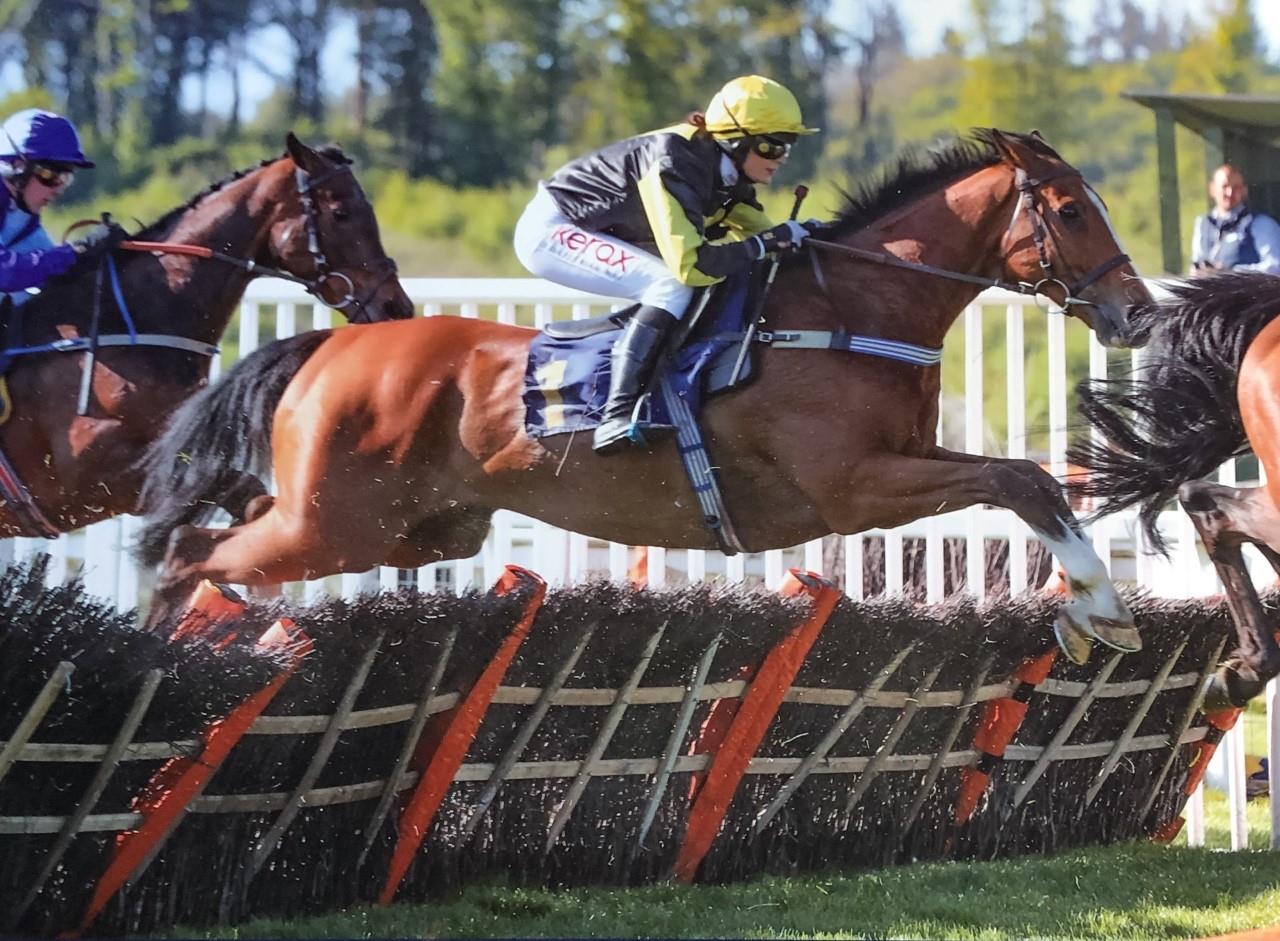

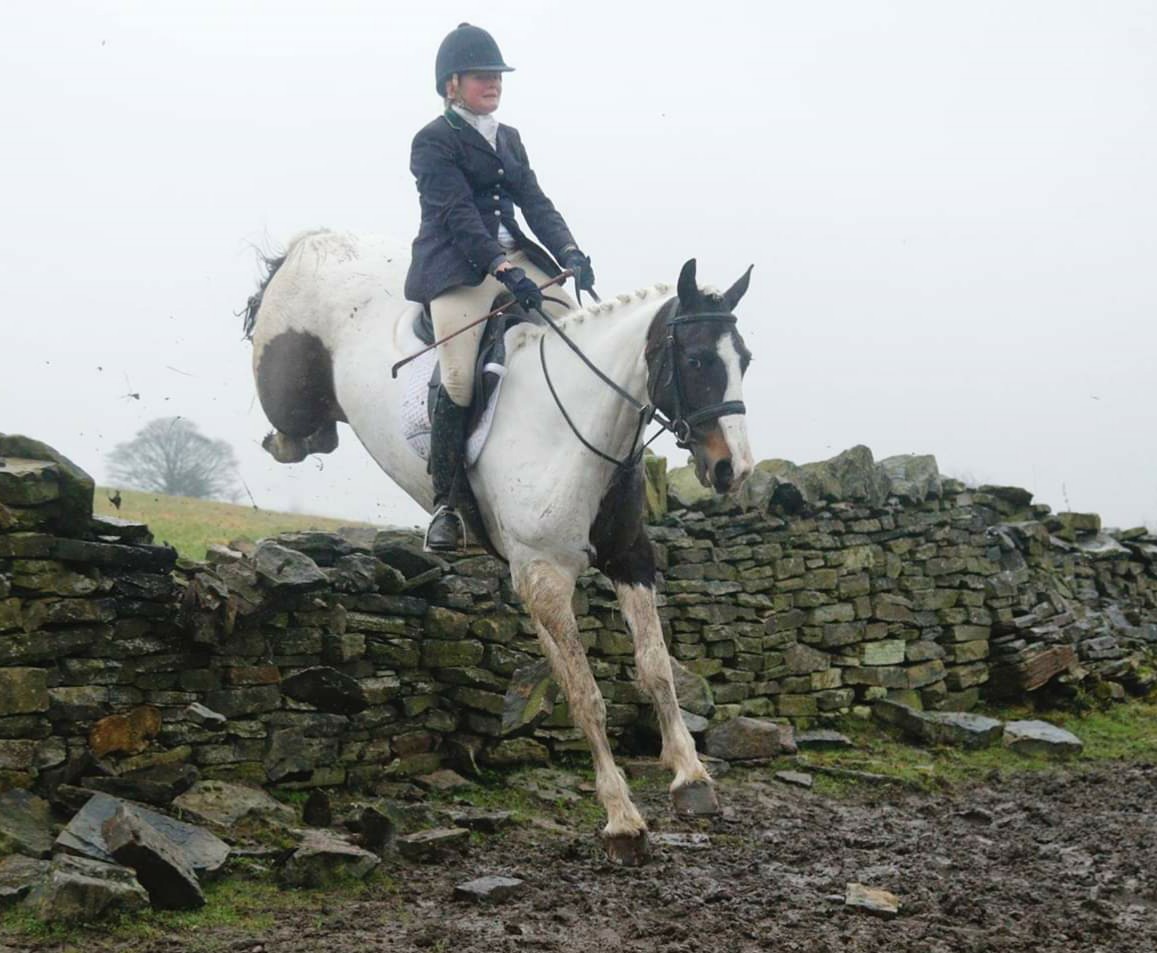
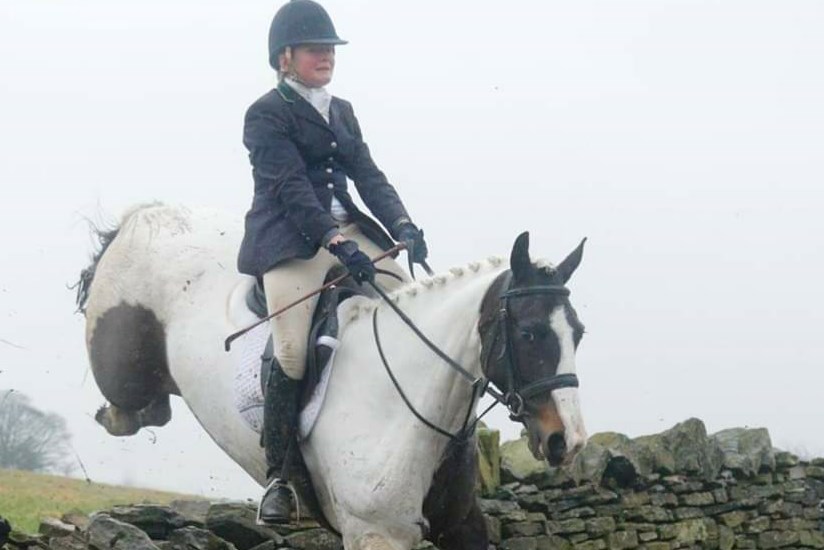
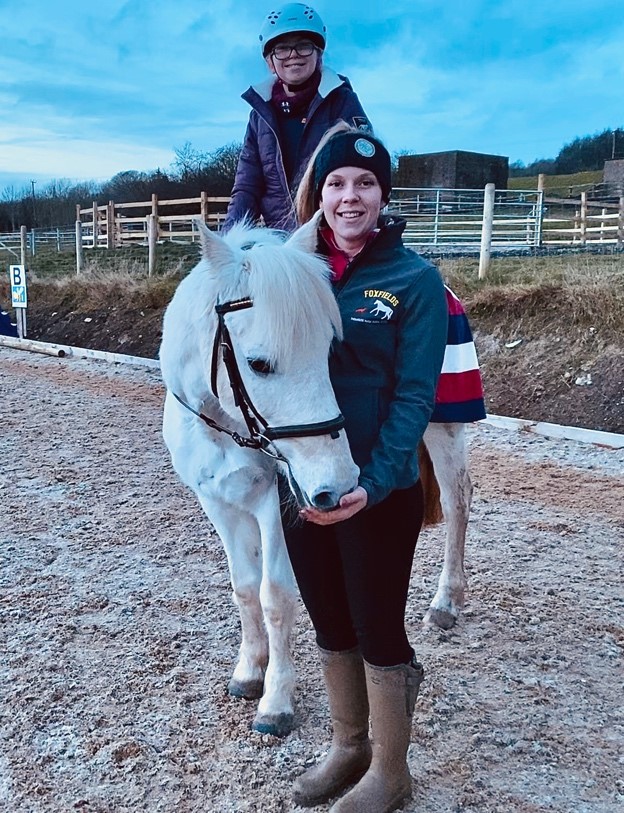
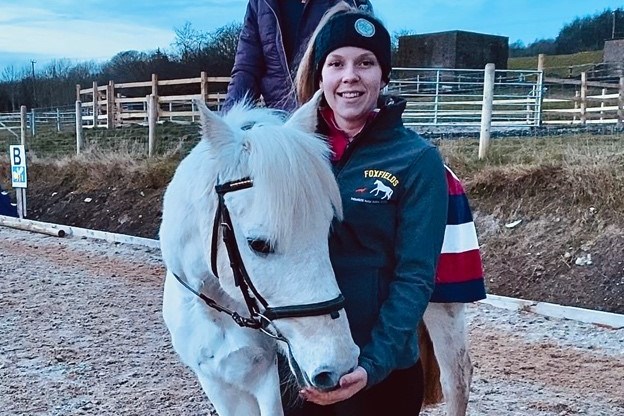
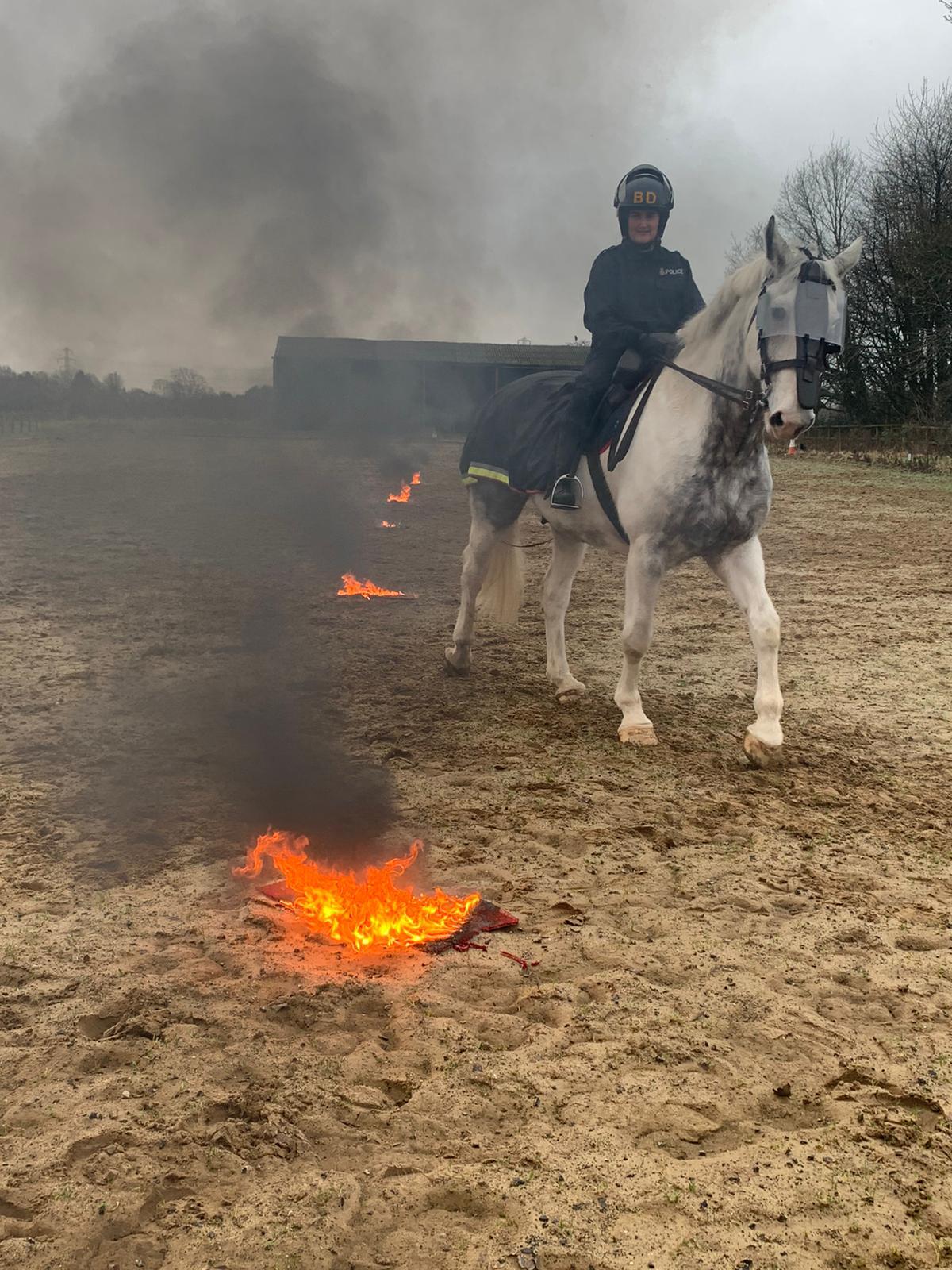
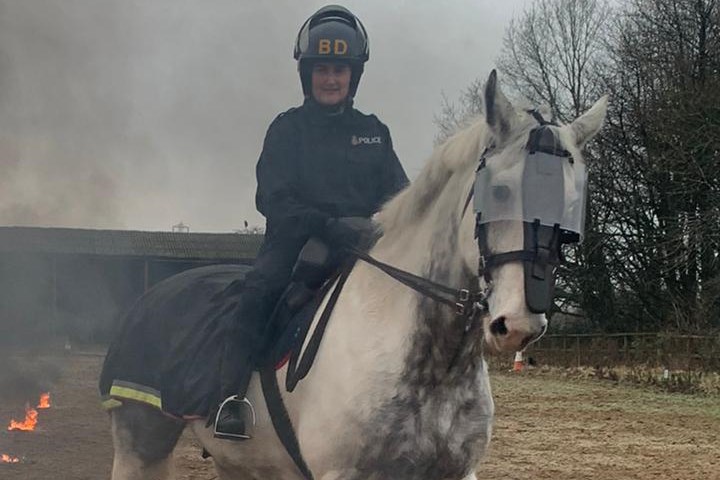
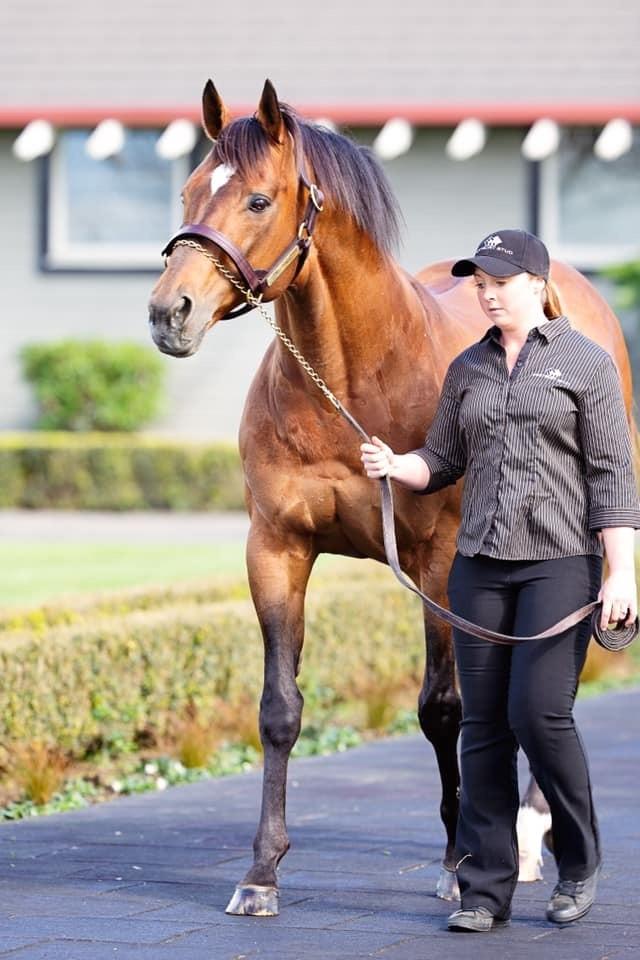
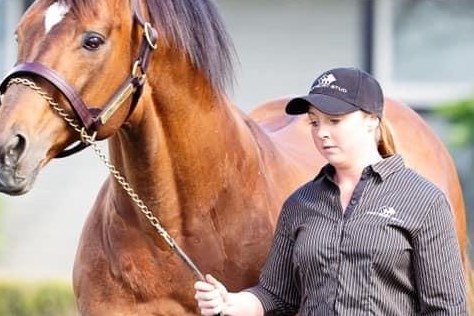
IMPORTANT INFORMATION REGARDING OUR VOCATIONAL OFFER FOR HOME EDUCATED STUDENTS FROM SEPTEMBER 2025
Tuesday 12th November 2024 update
Myerscough College is committed to providing high quality technical education across the land-based and sports sectors. Our 14-16 curriculum provision will remain in place for the 2025/26 academic year, starting September 2025, but it will need to be accessed via applications from local schools, on behalf of their pupils.
After extensive discussions with our Local Authorities (LAs) regarding the future of home education, it is clear that the government is focused on prioritising the reintegration of many home educated young people back into mainstream education. In light of this direction, we have made the strategic decision to change the Elective Home Educated (EHE) element of our 14-16 programme, in order to align with this broader educational policy.
Electively Home Educated applicants can no longer apply for courses at Myerscough. The only route to enrolling on a course at Myerscough is through a school who commissions this as an alternative provision.
This change will not impact students who are already attending Myerscough College through their schools.
If you would like to consider enrolling at a local school or need further support with your education at home, please contact your Electively Home Educated teams in your relevant local authority. They will be able to provide information about available school places for September 25 entry. It may be possible that some schools will agree to your child continuing with their course at Myerscough but this will need to be discussed with the school.
For information about the content of the 14-16 curriculum you can email us at 14to16@myerscough.ac.uk or call 01995 642222.
Additional support
Myerscough will arrange for copies of academic reports to be sent to educational providers in order to support and enhance the likelihood of securing a school or alternative provision placement for students.
Additionally, please access the links below to help with guidance and support during this transition period:
https://www.youngminds.org.uk/professional/resources/supporting-school-transitions/
Supporting children's transition to secondary school: guidance for parents and carers | Anna Freud

